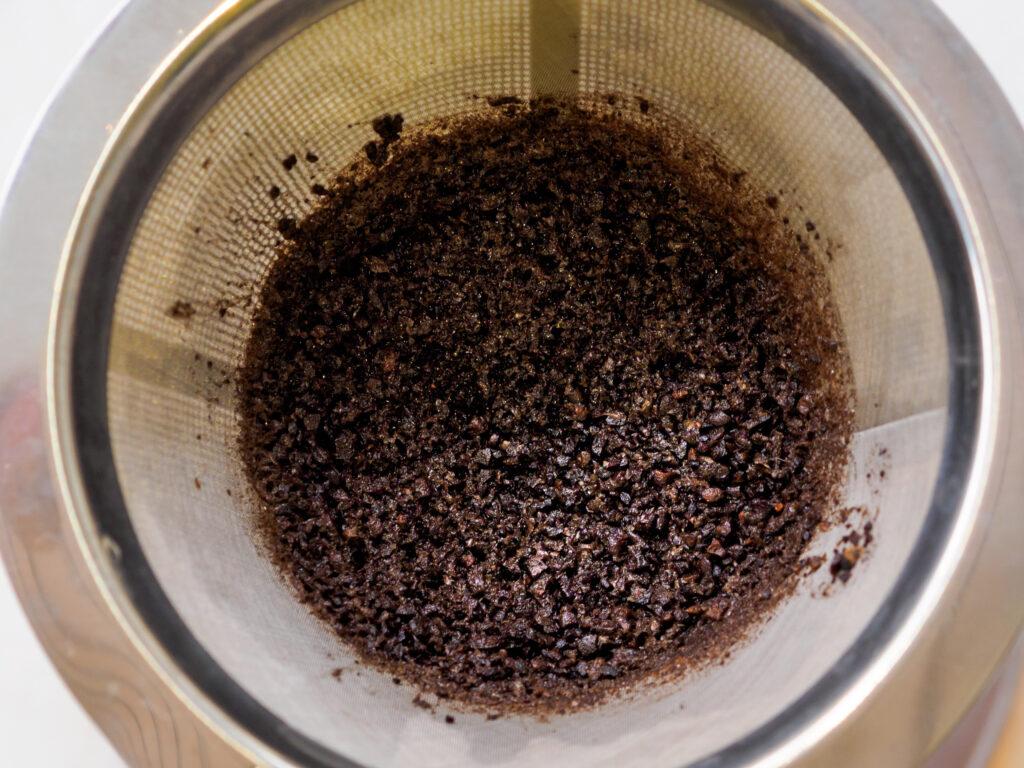Plastic substitutes in the food industry - bamboo

In recent years, bambooware (cutlery, plates, cups) have become increasingly popular. These are often similar to melamine plastic kitchen utensils and usually contain melamine and formaldehyde.
Dietary supplements with herbal active ingredients
The following information is provided on recently identified herbal active substances used as ingredients in food supplements that pose a potential risk.
Risks related to BARF diet

The BARF diet (Biologically Appropriate Raw Food or Bones And Raw Food), feeding of pets (especially dogs) with raw meat, is becoming more and more common, and poses microbiological risks to humans.
The anabolic effect of ecdysterone in spinach

Ecdysterone is the hormone primarily responsible for molting (development) in insects. It is also found in plants, including spinach. In human applications it may have anabolic effects.
Shiga Toxin-Producing E. coli O121 in flour

Shiga toxin-producing E. coli O121 and E. coli O26 strains have been identified in the USA and Canada in a flour-mediated outbreak. Consumers have been sickened mainly through eating, licking, or tasting raw, homemade dough or batter, and when young children were involved in pasta making, but cross-contamination has also occurred.
Risks related to homemade and commercially available plant-based milks

Nowadays, consumers are increasingly looking for beverages to replace cow's milk, such as plant milks. More and more people are also trying to prepare their own plant milk at home.
New Listeria monocytogenes strain
A hypervirulent strain of Listeria monocytogenes has been identified in lambs in a Chinese province. The newly discovered strain carries the gene sequences responsible for the pathogenicity of the most virulent Listeria strains in animals and humans, making them particularly dangerous and causing severe infections.
Fluor and other products made from spent coffee grounds

A Danish-based start-up is making oil and flour from used coffee grounds. We do not have detailed information on the production process and used coffee grounds can pose various microbiological and chemical risks.
Antibiotic treatment of citrus fruits
There is no cure for the disease known as citrus greening, and the main control method so far has been to remove contaminated trees and treat orchards with an insecticide to control the vector. In the USA, the treatment of plantations with certain antibiotics has been authorised.
The putative role of MCPG found in lychee in the acute encephalitis syndrome in children

A 2014 study suggested a link between lychee consumption and the spread of acute encephalitis syndrome. Lychee contains a form of hypoglycine A, methylene cyclopropylglycine (MCPG), which causes a drop in blood sugar levels.
